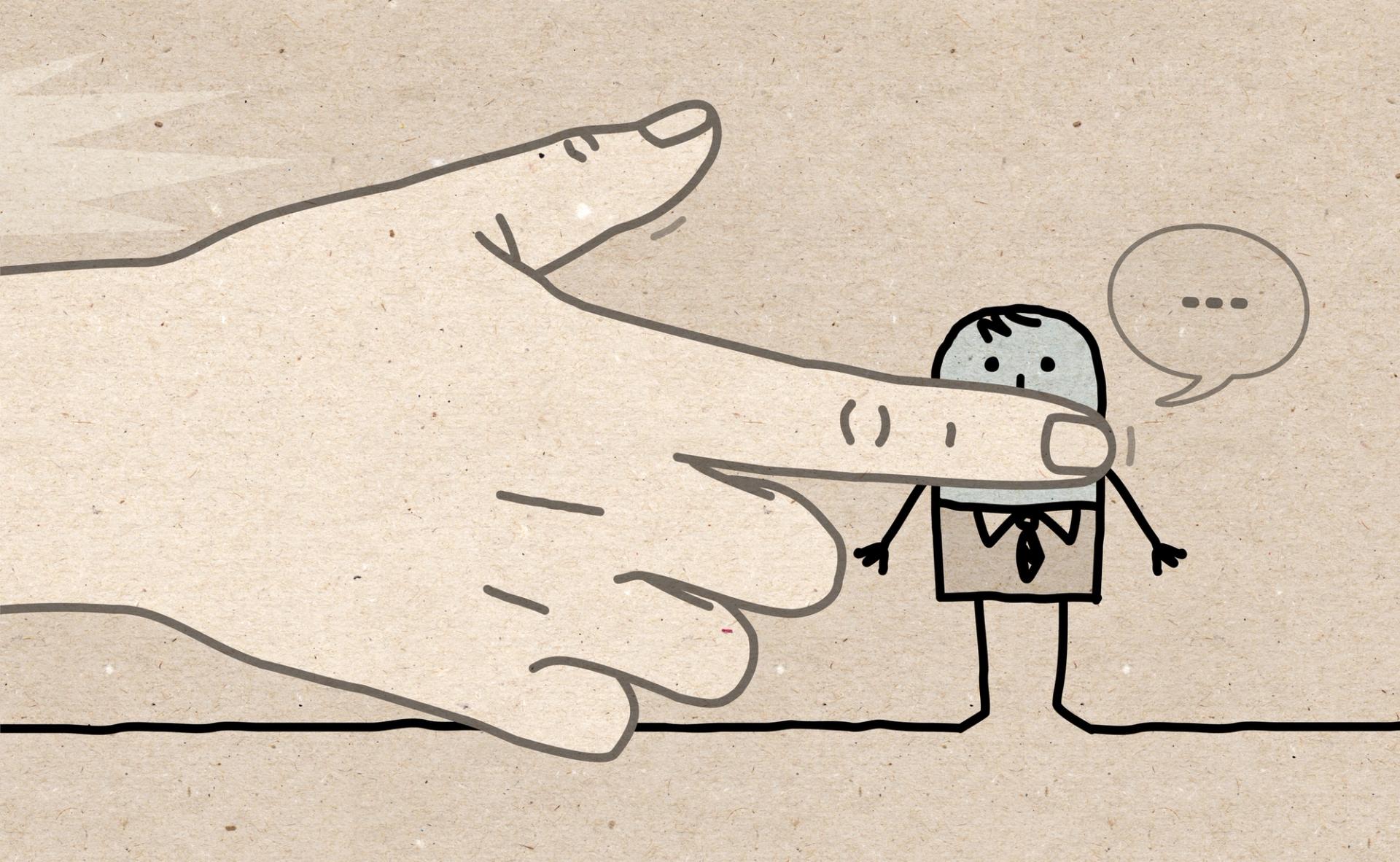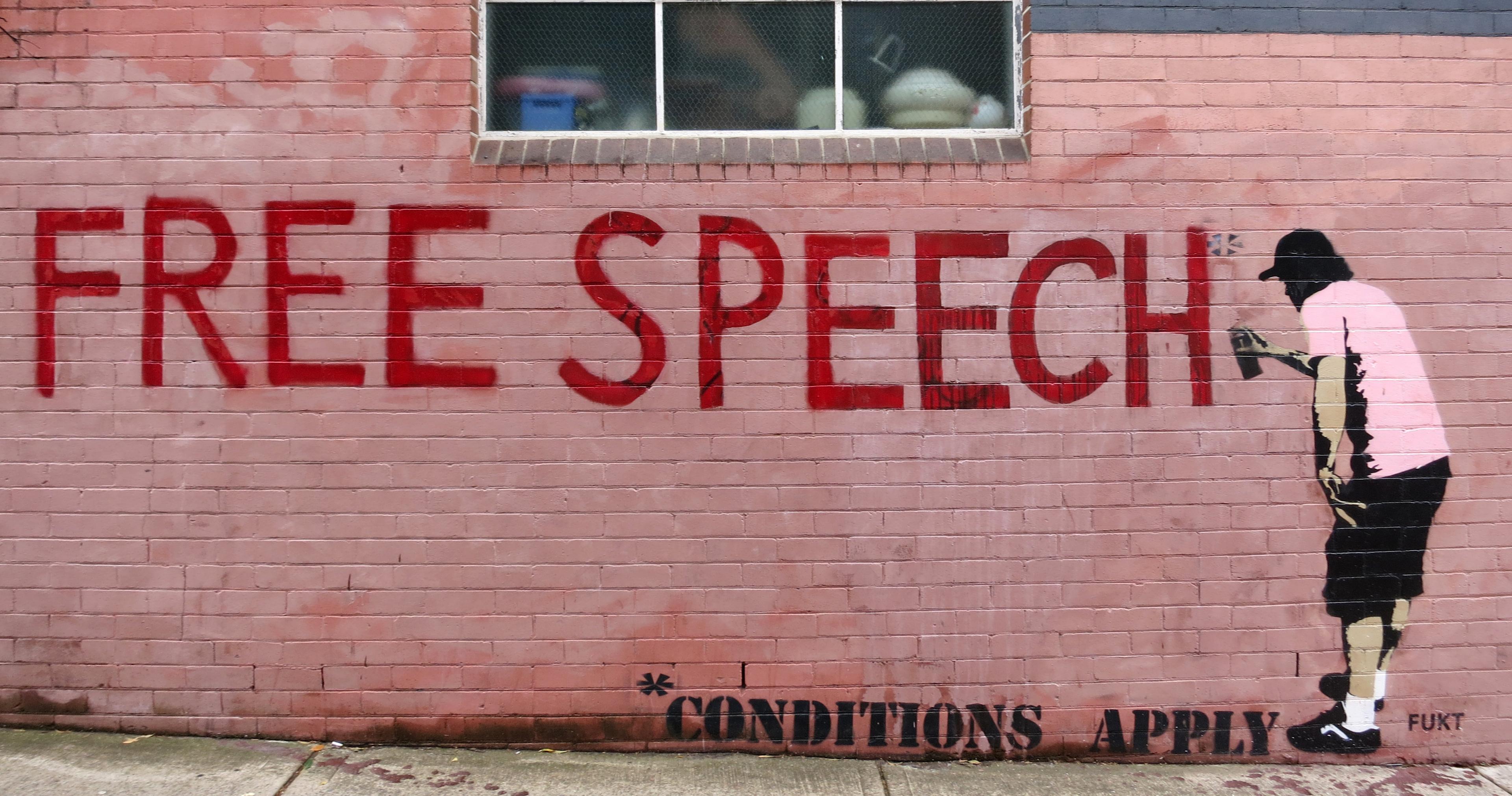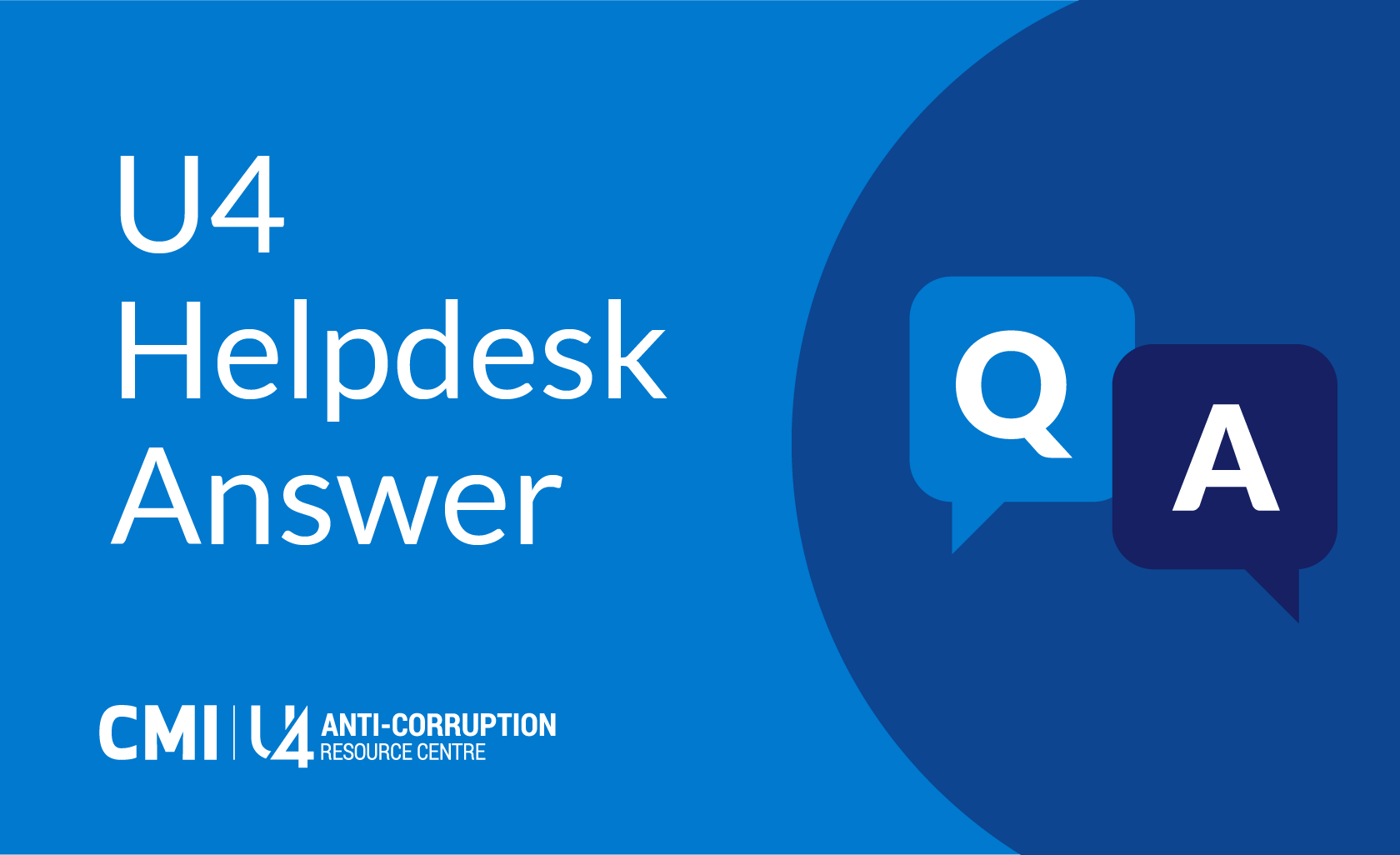Blog
How to (legally) silence an anti-corruption activist

Threats, intimidation, violence and murder
358 human rights defenders were murdered in 2021. In January 2022, in Latin America alone, 24 defenders and journalists were killed. Their crimes? Protecting and defending human rights and the environment, and exposing corruption and tax evasion practices.
Journalists, members of non-governmental organisations (NGOs), activists, whistleblowers, researchers, and even lawyers and judges face long series of threats and reprisals, including intimidation, harassment, physical or verbal violence, arrests, social-media smear campaigns, and even murder. These threats come, directly or indirectly, from companies, politicians, states, oligarchs and organised crime. They are not unique to developing countries or authoritarian regimes. The same violent and intimidatory tactics are found in every country, such as these recent examples from France and Slovakia.
These attacks have devastating consequences. They put psychological, physical, and financial pressure on those under attack, with the aim of silencing not only them, but deterring others from acting, reporting, researching and investigating. Investigations are rarely carried out, and perpetrators are not always identified or brought to justice. As a result, impunity prevails.
Lawfare (or ‘the art of twisting laws against anti-corruption defenders’)
Over the past 10 years, another form of threat has emerged, perhaps even more insidious: the use of law and legal systems to create a chilling effect and silence anti-corruption defenders. Law has become a weapon of mass deterrence – also known as lawfare.
Legal intimidation can include launching abusive lawsuits, adopting restrictive laws, misusing anti-money laundering and terrorist financing legislation, creating false accusations, or initiating inquiries into – or questioning the work of – anti-corruption prosecutors and judges (eg, in Italy, Romania and South Africa). But these are only the tip of the iceberg, and lawfare as a whole poses a serious threat to the rule of law, democracy and freedom of expression.
‘SLAPPs’ (strategic litigation against public participation)
Abusive lawsuits, also known as ‘SLAPPs’, are usually based on defamation laws, data protection provisions (eg, using the EU General Data Protection Regulation), privacy laws and more recently provisions on cybercrime and disseminating false information. SLAPPs can be initiated by companies, business people and politicians, and they target individuals and organisations. The Case Coalition identified 570 SLAPPs in 29 countries in Europe over a 10-year period. Gaps in procedural protections are also exploited. The United Kingdom is the leading source of cross-border SLAPPs, for instance, because of the financial costs and length of its judicial process.
Lawfare with violence – Daphne Caruana Galizia and anti-corruption in Malta
We’ve seen that anti-corruption defenders face violence and intimidation, and that legal obstacles are also thrown in their way. But it is common for the two to go together, with individuals exposed to both legal and illegal threats. For example, when Maltese investigative journalist Daphne Caruana Galizia was murdered in October 2017, she was the subject of 47 civil and criminal defamation lawsuits for her work on corruption in Malta, lawsuits that continue posthumously against her family.
Restrictive and repressive laws
Restrictive and repressive laws are often adopted to stifle challenges around sensitive topics such as democracy, good governance and human rights. Environmental, human rights and anti-corruption NGOs are therefore common targets for these laws. For example, under ‘foreign agent’ laws (eg, in Russia and Hungary), civil society organisations and media will be considered as foreign agents if they receive foreign funding and participate in ‘political activities’ (which can even be interpreted to cover NGOs’ advocacy work). As foreign agents, these organisations will be subject to heavy administrative burdens, making it challenging or impossible to operate.
Laws combating illicit financial flows
Laws combating illicit financial flows can also be twisted and used against anti-corruption defenders. For example, under the pretext of complying with the Financial Action Task Force (FATF) Recommendations, some countries target civil society with anti-money laundering and terrorist financing legislation, and so restrict their access to funding, cancel their registration, or expel international NGOs. In addition, investigations are launched and trials opened for alleged national security threats, embezzlement, tax evasion or money laundering practices. Bogus charges of this kind were levelled at Maria Ressa (a journalist in the Philippines and 2021 Nobel Peace Prize recipient) and Khadija Ismayilova (a journalist in Azerbaijan), both of whom uncovered systemic corruption practices in their respective countries, and Amnesty International India has also experienced them.
Fighting back against lawfare: what’s next?
When laws are (mis)used against anti-corruption defenders, especially by states, it is easy to feel powerless. But there is hope!
The European Union is exploring options to enact laws to prevent SLAPPs while the United Kingdom announced in July 2022 a package of measures to tackle SLAPPs. Lawsuits are often dropped or lost in court, as in the recent case of journalist Tom Burgis. USAID plans to fund a non-profit insurance entity called Reporter’s Mutual to provide insurance to cover the costs of SLAPPs.
Moreover, aware of the risk of misusing its standards, FATF launched a study in February 2021 to analyse and mitigate these risks. The UN Special Rapporteur published a report in 2022 on human rights defenders working against corruption, highlighting the different threats they face and recommending actions that stakes should take.
Lastly, NGOs and journalists/media around the world continue to work closely together and support each other (eg, through coalitions and networks such as ICIJ, the Case Coalition, Forbidden Stories). Finally, it is vital that the public speak out against these legal tactics – and support the work of anti-corruption defenders – in order to end this lawfare on anti-corruption and human rights more broadly.
Disclaimer
All views in this text are the author(s)’, and may differ from the U4 partner agencies’ policies.
This work is licenced under a Creative Commons Attribution-NonCommercial-NoDerivatives 4.0 International licence (CC BY-NC-ND 4.0)


